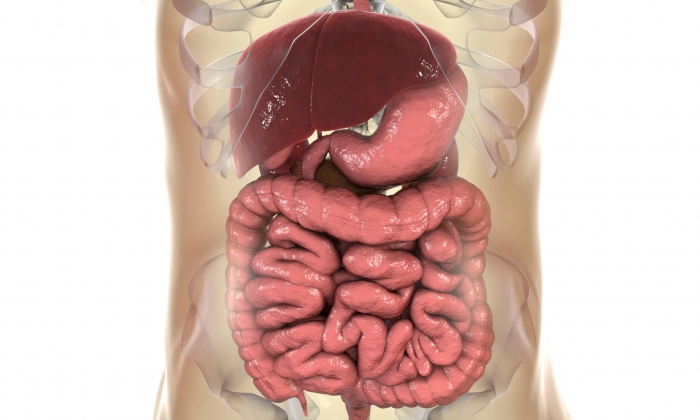The gut microbiome – the collection of fungi, bacteria and viruses within our gut – is a booming topic of research, with scientists suggesting certain microbial makeups could be linked to conditions ranging from anxiety to obesity.
But tinkering with this collection of microbes can also be beneficial: there has been growing interest in using faecal transplants to treat certain cases of Clostridium difficile.
“We are trying to do a lot in terms of cancer prevention. Despite the fact the microbiome could be at play there is a lot more that is needed, and interdisciplinary research that is needed, to try and help in that field,” said Dr Kaitlin Wade, a researcher at the University of Bristol who is presenting the findings at the National Cancer Research Institute’s cancer conference in Glasgow.
The study – yet to be published or peer reviewed – involved Wade and colleagues looking at the genetic and gut microbiome data of about 4,000 people across three European projects and exploring whether there were genetic variants linked to the presence of certain gut bacteria. As such genetic variants are randomly spread throughout the population, the approach is a type of natural experiment.
The team found 13 genetic variants each linked to variations in a different type of gut bacteria. They then looked at another set of data from about 2,000 people to see whether those with the genetic variantshad a greater tendency of developing bowel cancer.
The results reveal those whose genes increased the likelihood of having a type of Bacteroidales bacteria had a 2% to 15% increased risk of the disease. The team said the findings back up previous research suggesting bacteria are more common in those with bowel cancer.
But since genetic makeup is set at the start of life, the study suggests these bacteria could be playing a role in actually causing bowel cancer.
Many questions remain, including whether the genetic variants linked to the gut bacteria are directly driving the increased risk of bowel cancer. “The actual genetic changes [themselves] could be associated with the disease first and foremost which then drives variation in the bacteria,” said Wade.
It could also be that these variants drive a preference for a certain diet, which could directly affect the risk of bowel cancer, or influence the makeup of the microbiome, affecting the chance of developing the disease.
Wade said the team now needed to pin down the exact species of Bacteroidales that appear to be linked to bowel cancer, and added that further research was needed to explore whether changing levels of these microbes could reduce bowel cancer risk – and whether such an approach could have unintended consequences.
“What we need to do in terms of further work is to understand not only what the [specific] bacteria [behind this link] are,” said Wade, “but understand what potential off target effects there could be if we were interested in altering [these bacteria].”
Prof Tim Spector, an expert in the gut microbiome at King’s College London and author of The Diet Myth, said the study was a step in the right direction in unpicking the link between bowel cancer and the microbiome, but that there was a long way to go.
“The problem is – like genes – there is no one single criminal and there are likely to be hundreds of microbes changing our risk of [bowel] cancer,” he said. “At present our best defence is to cultivate the most healthy diverse gut communities by eating a wide diversity of plants, full of fibre and polyphenol chemicals.”
Guardian
















































